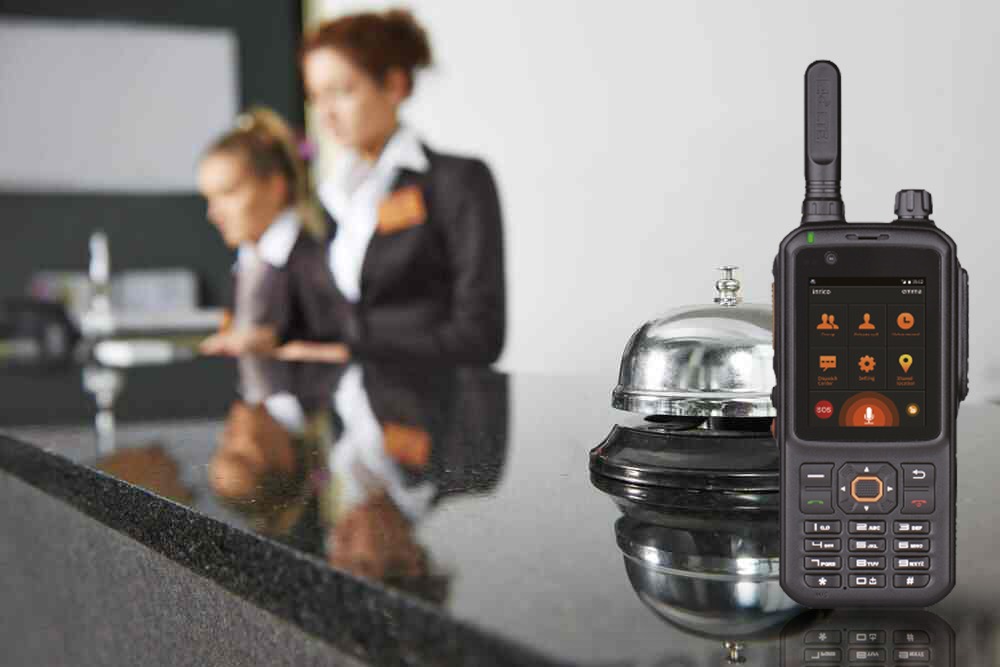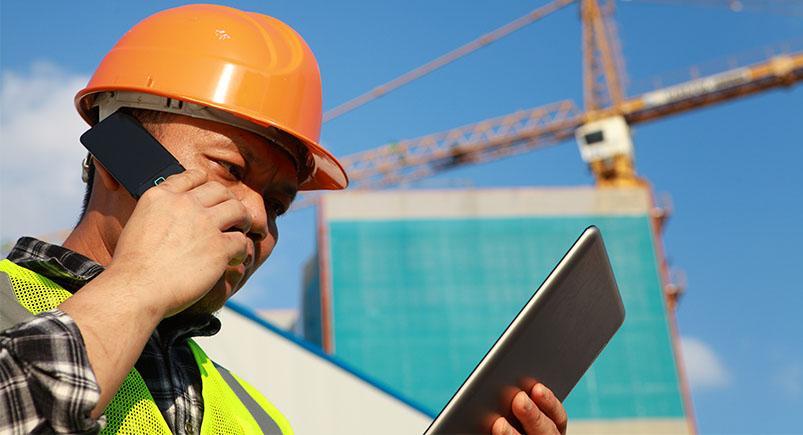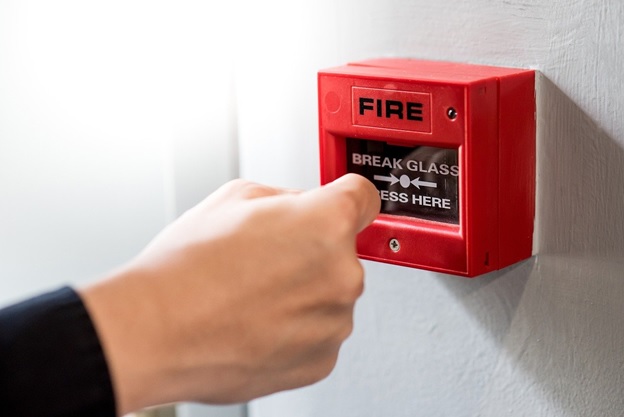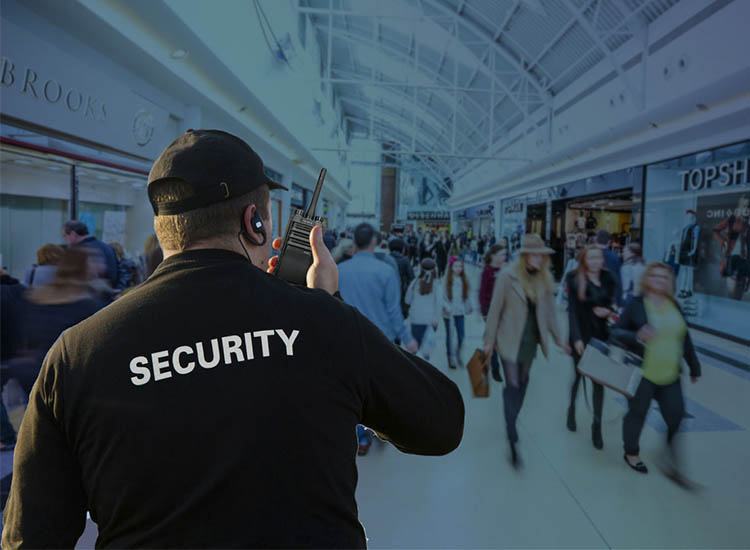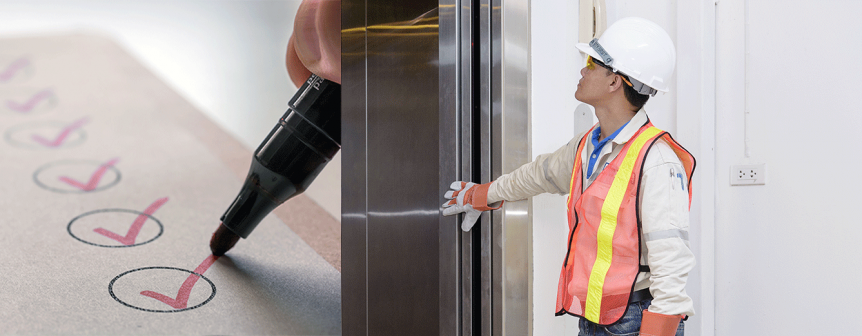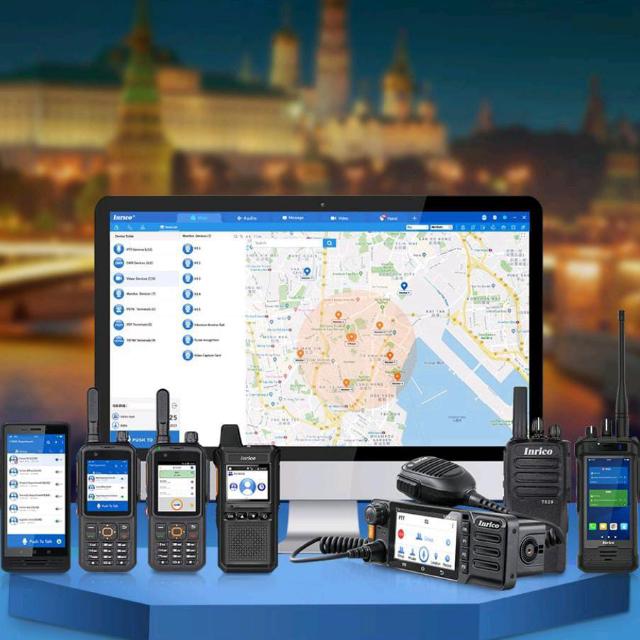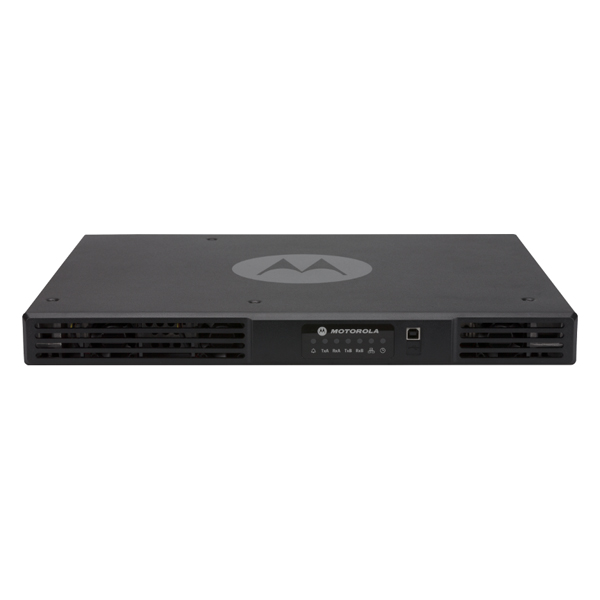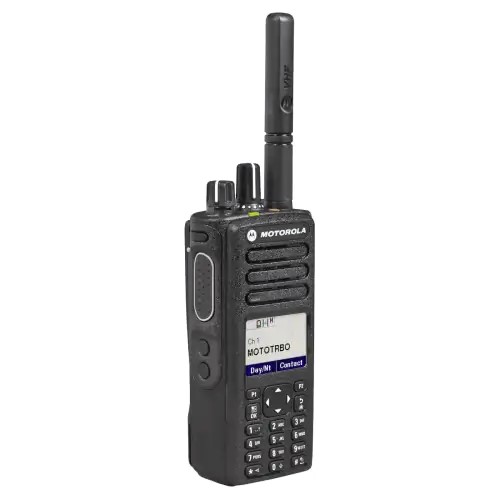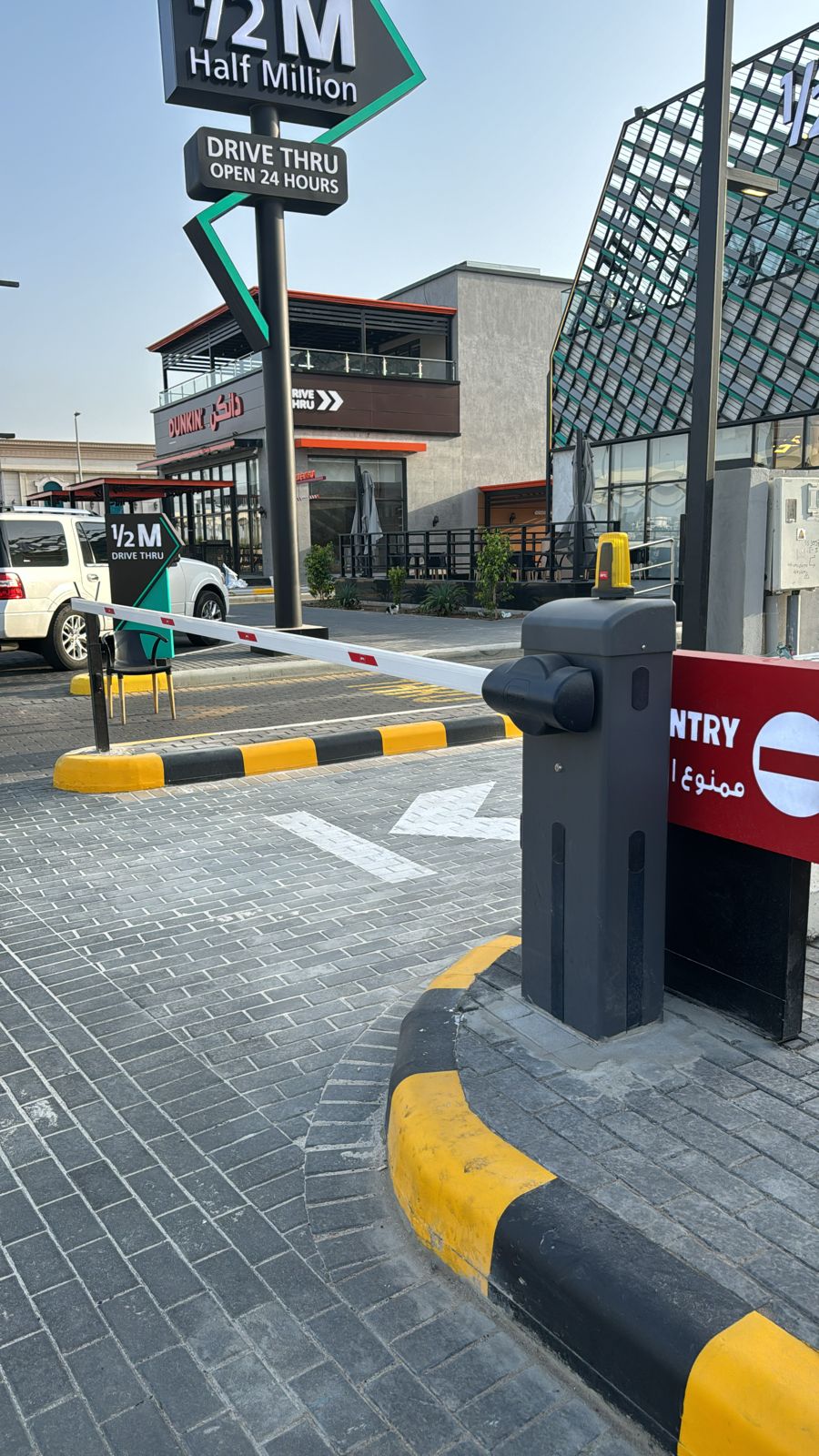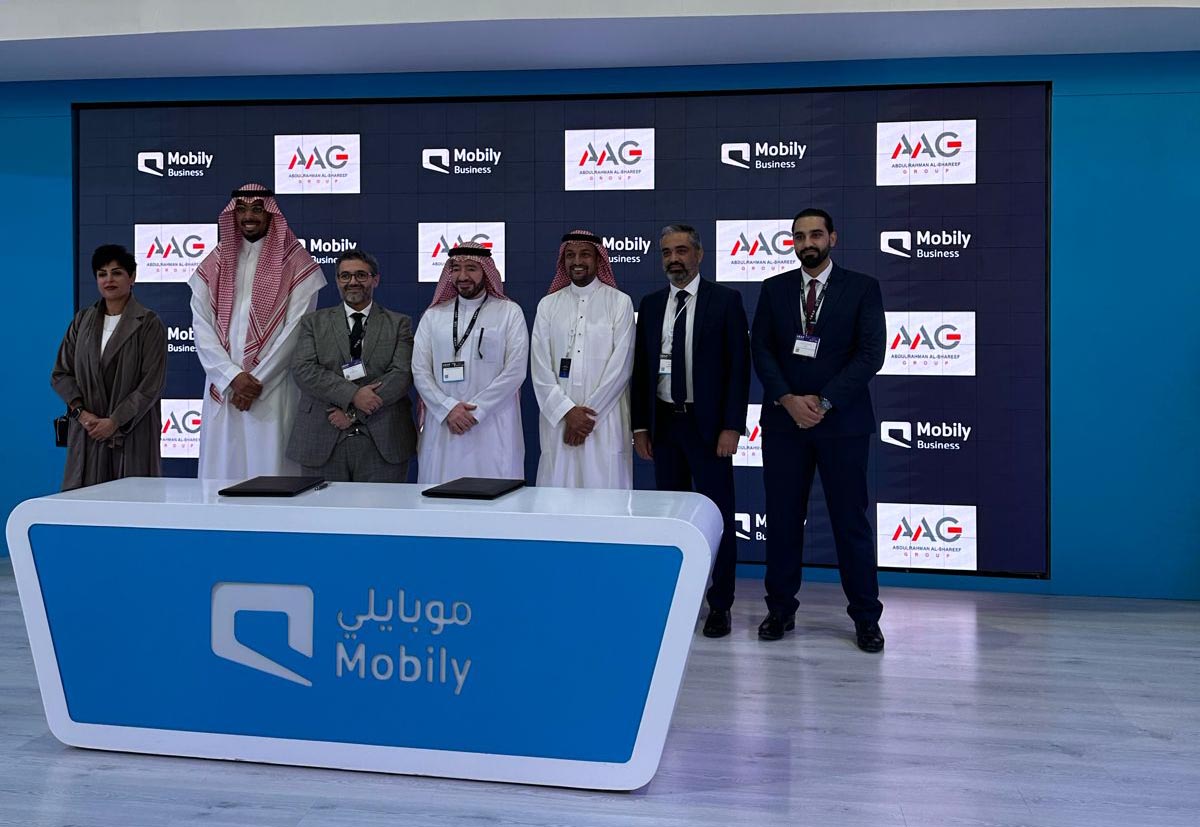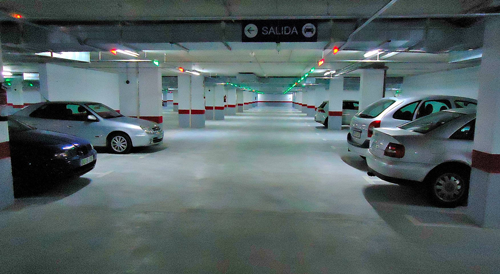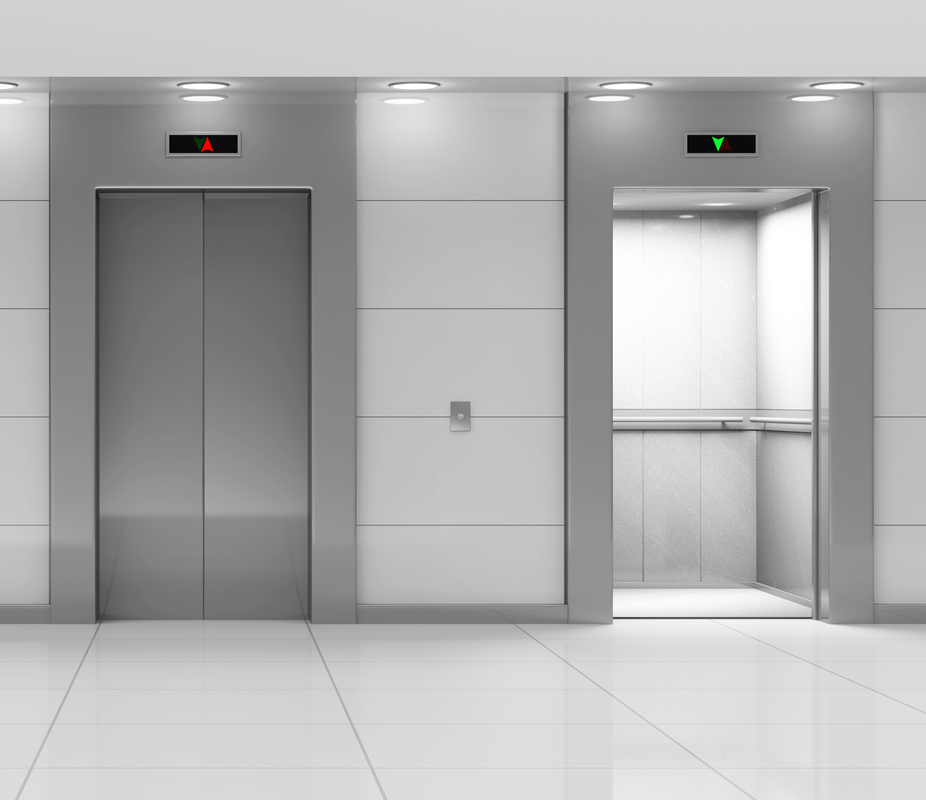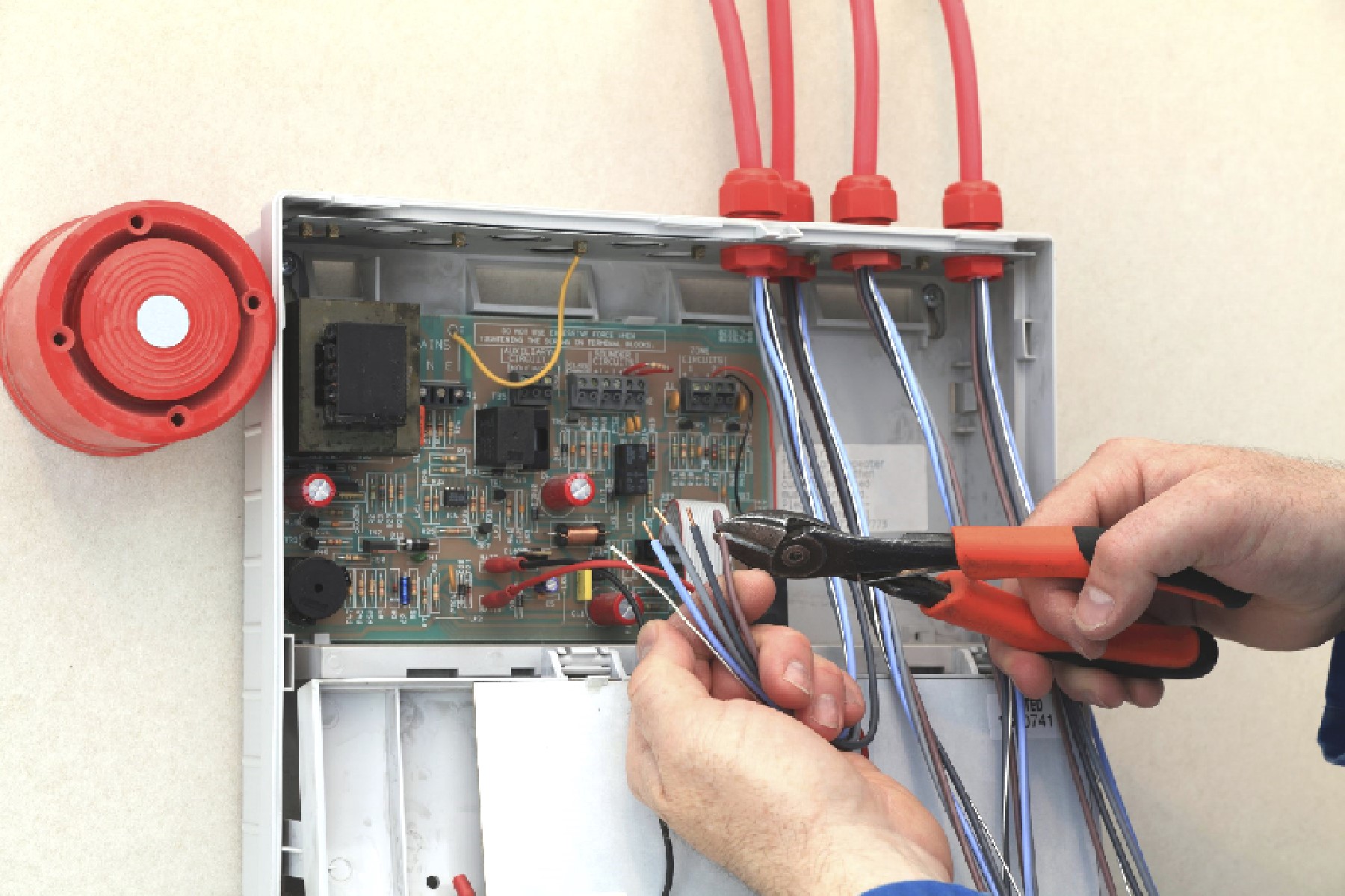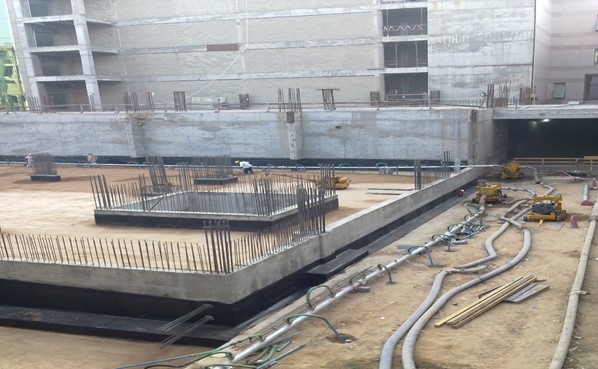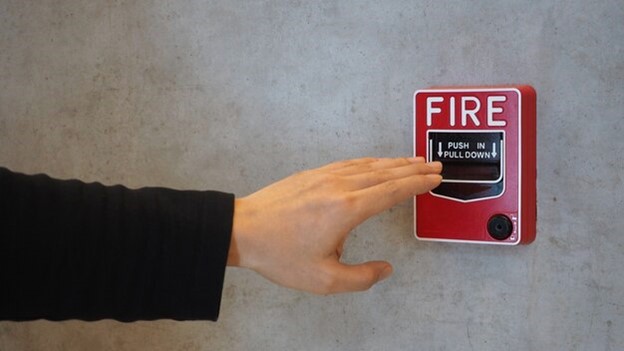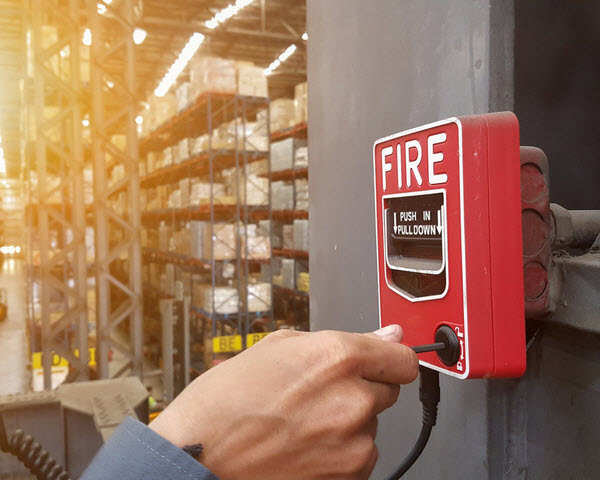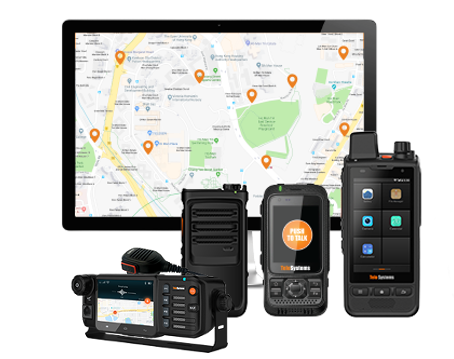Introduction to Wireless Communication in the Hospitality Industry
In the fast-paced world of the hospitality industry, every second counts. From the bustling hotels in the heart of the city to the serene resorts nestled in remote locations, the ability to communicate swiftly and efficiently can make or break the guest experience. Enter wireless communication, a technology that has revolutionized the way businesses operate in this sector. By eliminating the need for physical connections, wireless communication has bestowed upon the hospitality industry the gift of mobility, allowing staff to interact and respond to guest needs instantaneously, irrespective of their location within the premises.
This transformation has not only enhanced operational efficiency but has also elevated the level of customer service, setting new standards in the hospitality realm. The adoption of wireless technology means that the barriers of time and space that once hindered seamless communication are now a thing of the past. It enables a more dynamic, responsive, and ultimately, more personal guest experience.
Moreover, the integration of wireless communication into the hospitality industry has opened up avenues for innovation, from mobile check-ins and check-outs to real-time updates on housekeeping status. This leap towards a more connected, more efficient operational model is a testament to the transformative power of wireless technology in the hospitality sector.
Advantages of Wireless Communication in the Hospitality Industry
The advantages of incorporating wireless communication into the hospitality industry are manifold. Firstly, it significantly boosts operational efficiency. Staff members equipped with wireless devices can communicate and coordinate tasks on the go, reducing response times to guest requests and streamlining the delivery of services. This instantaneous communication ensures that guests’ needs are met promptly, enhancing their overall experience.
Secondly, wireless communication fosters improved team collaboration. It enables a seamless flow of information between different departments, from the front desk to housekeeping to maintenance, ensuring that everyone is on the same page. This coordination is crucial in a fast-paced environment where the situation can change rapidly, and adaptability is key to maintaining high service standards.
Lastly, the use of wireless communication technology contributes to cost savings. Traditional wired systems not only involve higher installation costs but also require significant maintenance. Wireless systems, on the other hand, are less intrusive to install and can be scaled up or down with relative ease, allowing for more flexibility in managing operational costs.
Different Types of Wireless Communication Devices
In the realm of the hospitality industry, a variety of wireless communication devices are employed to cater to the diverse needs of operations. Among these, two-way radios or walkie-talkies stand out for their reliability and ease of use. These devices facilitate real-time communication between staff members, ensuring that they can quickly relay information and coordinate actions without delay.
Smartphones equipped with specialized apps have also become indispensable in modern hospitality operations. These apps leverage wireless technology to offer features such as direct messaging, task management, and even guest service requests, all from a single device that most staff are already familiar with.
Furthermore, wireless headsets have gained popularity for their hands-free operation, allowing staff, particularly those in housekeeping and maintenance, to communicate while performing their tasks. This capability not only improves efficiency but also ensures that the staff can respond to emergencies or urgent requests without interruption.
Understanding Walkie Talkies and Their Role in the Hospitality Industry
Walkie-talkies, or two-way radios, have been a staple in the hospitality industry for decades, and their importance cannot be overstated. These devices allow for instant communication with the push of a button, making them exceptionally useful in scenarios where time is of the essence. Unlike mobile phones, walkie-talkies are designed to facilitate one-to-many communication, making them ideal for coordinating activities among groups of staff.
The durability and reliability of walkie-talkies also make them well-suited to the demanding environment of the hospitality industry. These devices are built to withstand rough handling and can operate in conditions where smartphones might fail. Additionally, their long battery life ensures that they can last through an entire shift, or even longer, without needing a recharge.
Moreover, walkie-talkies enhance operational security. Communication over these devices can be encrypted, ensuring that sensitive information remains confidential. This aspect is particularly important in the hospitality industry, where discretion and the protection of guest privacy are paramount.
Benefits of Using Push-to-talk (PTT) Technology in the Hospitality Industry
Push-to-talk (PTT) technology takes the concept of instant communication a step further by enabling real-time voice messaging over cellular networks and the internet. This technology allows users to communicate one-on-one or with a group at the push of a button, combining the convenience of a phone call with the efficiency of a radio message.
One of the key benefits of (PTT) technology in the hospitality industry is its broad coverage. Unlike traditional walkie-talkies that are limited by range, (PTT) devices can connect over cellular networks or (Wi-Fi), offering nationwide, or even global, communication capabilities. This feature is particularly beneficial for hospitality chains that operate multiple properties across different locations.
Additionally, (PTT) technology supports multimedia messaging, including texts, images, and videos. This capability is invaluable in the hospitality industry, where visual information, such as a picture of a damaged item or a specific setup request, can significantly enhance the clarity of communication.
The Rise of Push-to-Talk over Cellular (PoC) Technology in the Hospitality Industry
The advent of Push-to-Talk over Cellular (PoC) technology represents a significant leap forward in wireless communication within the hospitality industry. (PoC) combines the simplicity and immediacy of (PTT) with the extensive coverage and data capabilities of cellular networks. This innovation allows for seamless, efficient communication across vast distances, making it an ideal solution for large hotels or resorts spread over extensive properties.
(PoC) technology also offers the advantage of integrating with existing mobile devices, such as smartphones and tablets. This integration means that staff do not need to carry additional devices, reducing equipment costs and streamlining operations. Moreover, the use of familiar devices can facilitate quicker adoption and utilization of the technology by the staff.
The scalability of (PoC) technology further enhances its appeal in the hospitality industry. As properties grow or their needs change, the (PoC) system can easily be expanded to accommodate more users or integrate new features, ensuring that communication remains efficient and effective.
Wireless Communication in the Hospitality Industry in Saudi Arabia
In Saudi Arabia, the hospitality industry is witnessing a rapid transformation, driven by the government’s Vision 2030 to diversify the economy and develop tourism and entertainment sectors. This ambition has led to a surge in demand for advanced technology solutions, including wireless communication, to support the expected growth in hospitality services.
The adoption of wireless communication technologies in Saudi Arabia’s hospitality sector is not just about enhancing operational efficiency; it’s also about meeting the high expectations of a global clientele. As the country prepares to welcome millions of visitors, from business travelers to religious tourists, the ability to provide exceptional service through seamless communication becomes a critical competitive advantage.
Moreover, the unique challenges presented by the vast and diverse landscape of Saudi Arabia, from bustling city hotels in Riyadh and Jeddah to secluded resorts in the Red Sea, underscore the importance of reliable, efficient wireless communication. This technology ensures that regardless of location, hospitality businesses can offer a consistent level of service excellence.
Wireless Communication in Popular Cities Like Riyadh and Jeddah
In cities like Riyadh and Jeddah, the heart of Saudi Arabia’s economic and cultural life, wireless communication plays a pivotal role in the hospitality industry’s day-to-day operations. These cities, characterized by their dynamic business environments and rich cultural heritage, attract a diverse array of visitors, each with distinct needs and expectations.
Wireless communication enables hotels and resorts in Riyadh and Jeddah to cater to this diversity with agility and precision. Whether it’s coordinating the arrival of a delegation at the airport, organizing a large-scale event, or ensuring that guest rooms are impeccably prepared, wireless technology provides the backbone for efficient, responsive service.
Furthermore, as these cities continue to grow and evolve, the scalability of wireless communication systems means that hospitality businesses can adapt to changing demands without missing a beat. This adaptability is crucial in maintaining competitive edge in a rapidly changing industry.
Choosing the Right Wireless Communication Solution for Your Hospitality Business
Selecting the appropriate wireless communication solution for your hospitality business is a decision that requires careful consideration. The first step is to assess the specific needs of your property, taking into account factors such as size, layout, and the types of services offered. This assessment will help determine the features and capabilities that are most important for your operations.
It’s also essential to consider the reliability and coverage of the wireless system. In the hospitality industry, where service interruptions can significantly impact guest satisfaction, choosing a system known for its robust performance is crucial.
Additionally, the ease of use and integration capabilities of the wireless communication solution should be evaluated. A system that is intuitive for staff to use and can seamlessly integrate with other operational technologies, such as property management systems, will enhance overall efficiency and productivity.
Advantages of Choosing Abdulrahman Al-Shareef Group’s Wireless Communication Solutions
Abdulrahman Al-Shareef Group’s wireless communication solutions offer a range of benefits tailored to meet the unique demands of the hospitality industry. Our systems are designed for reliability and extensive coverage, ensuring that your staff can communicate effectively, regardless of their location on the property.
Moreover, Abdulrahman Al-Shareef Group’s solutions are known for their ease of use, enabling quick adoption by your team and minimizing training requirements. The intuitive design of our devices and platforms ensures that staff can focus on delivering exceptional service, rather than navigating complex technology.
In addition, our wireless communication solutions are scalable and flexible, allowing them to grow and adapt with your business. Whether you’re expanding your property, updating your services, or facing changing industry demands, Abdulrahman Al-Shareef Group’s solutions can support your evolving needs, ensuring that your communication capabilities remain at the cutting edge.
Conclusion: Embracing Wireless Communication for Enhanced Efficiency in the Hospitality Industry
The adoption of wireless communication technology in the hospitality industry represents a critical step towards achieving operational excellence and delivering unparalleled guest experiences. By enabling instant, reliable communication, wireless technology empowers staff to respond to guest needs with unprecedented speed and efficiency.
In Saudi Arabia, and indeed around the world, the hospitality industry’s embrace of wireless communication is not just a trend but a fundamental shift towards more agile, responsive, and guest-focused service delivery. As this technology continues to evolve, its potential to transform the hospitality landscape grows ever greater.
For hospitality businesses looking to stay ahead of the curve, partnering with Abdulrahman Al-Shareef Group for your wireless communication needs is a strategic move. Our expertise and innovative solutions can help you unlock the full potential of wireless technology, enhancing your operational efficiency and elevating your guest service to new heights.
By integrating wireless communication into your operations, you’re not just upgrading your technology—you’re transforming your approach to hospitality, ensuring that every guest experience is as seamless and satisfying as possible. With Abdulrahman Al-Shareef Group by your side, the journey towards exceptional service is just a click away.
Reach for Abdulrahman Al-Shareef Group, your reliable partner in wireless communication solutions.
Contact Number: 00966 50 7756654 – 00966 55 0400789

